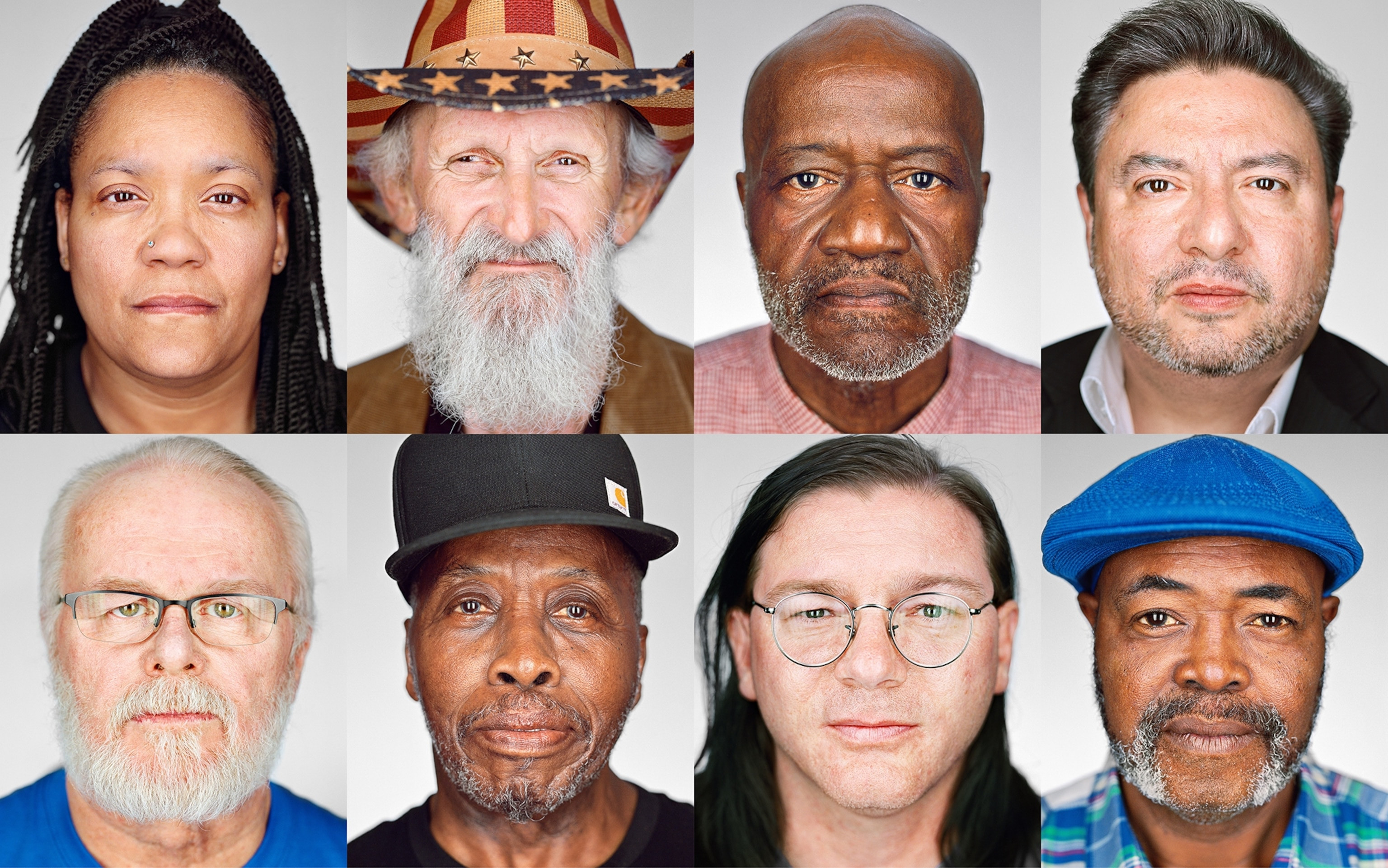A Japanese court has acquitted Iwao Hakamada, the world’s longest-serving death row inmate, after finding that evidence used against him was fabricated. This landmark decision comes after more than five decades of legal battles and raises significant questions about Japan’s criminal justice system, particularly its reliance on confessions and its continued use of the death penalty.
Hakamada, 88, was initially convicted in 1968 of murdering his boss, the man’s wife and their two teenage children in 1966. The former professional boxer was sentenced to death and spent 46 years on death row before being granted a retrial in 2014. During that time, he consistently protested his innocence and maintained that investigators had forced him to confess, while his lawyers alleged that police had fabricated evidence against him.
The court’s decision hinges on the reliability of bloodstained clothes that prosecutors claimed Hakamada had been wearing at the time of the murder.
The Bloodstained Clothes: A Key Piece of Evidence in Dispute
The bloodstained clothes, found in a tank of miso at the miso factory where Hakamada worked, were a crucial piece of evidence in the original trial. However, over time, both defense lawyers and experts questioned their authenticity. DNA tests revealed that the blood on the clothes did not match Hakamada’s DNA, and the clothes themselves were too small for him to have worn.
A Fabricated Confession?
A Long and Winding Road to Justice
The road to Hakamada’s acquittal was long and arduous, marked by numerous legal challenges. His sister, Hideko, campaigned tirelessly for his release and innocence for decades.
A Turning Point: The Retrial
In 2014, a court ordered a retrial, acknowledging the possibility that the evidence used against Hakamada had been planted. This decision was a crucial turning point in his case.
The Impact of Hakamada’s Case
Hakamada’s case has drawn attention to systemic issues within Japan’s criminal justice system, particularly its reliance on confessions as a key piece of evidence. This reliance on confessions can lead to wrongful convictions, as suspects are sometimes pressured or forced to confess even when innocent.
The Death Penalty Debate
Hakamada’s acquittal has also reignited a debate surrounding the death penalty in Japan.
While Japan is one of only two G7 countries that still retains capital punishment, public support for the death penalty remains high.
A New Chapter: A Free Man
Hakamada’s acquittal marks the end of a long and difficult chapter in his life. Though he has spent more than half a century on death row, he has been living under the care of his sister since 2014. Despite the toll of his incarceration, he has found some peace and solace in his later years, adopting two cats and going out for drives with supporters.
While Hakamada’s journey for justice is now over, it serves as a powerful reminder of the importance of a fair and impartial criminal justice system. His case underscores the need for robust safeguards to prevent wrongful convictions and to ensure that all individuals have access to a fair trial.


















